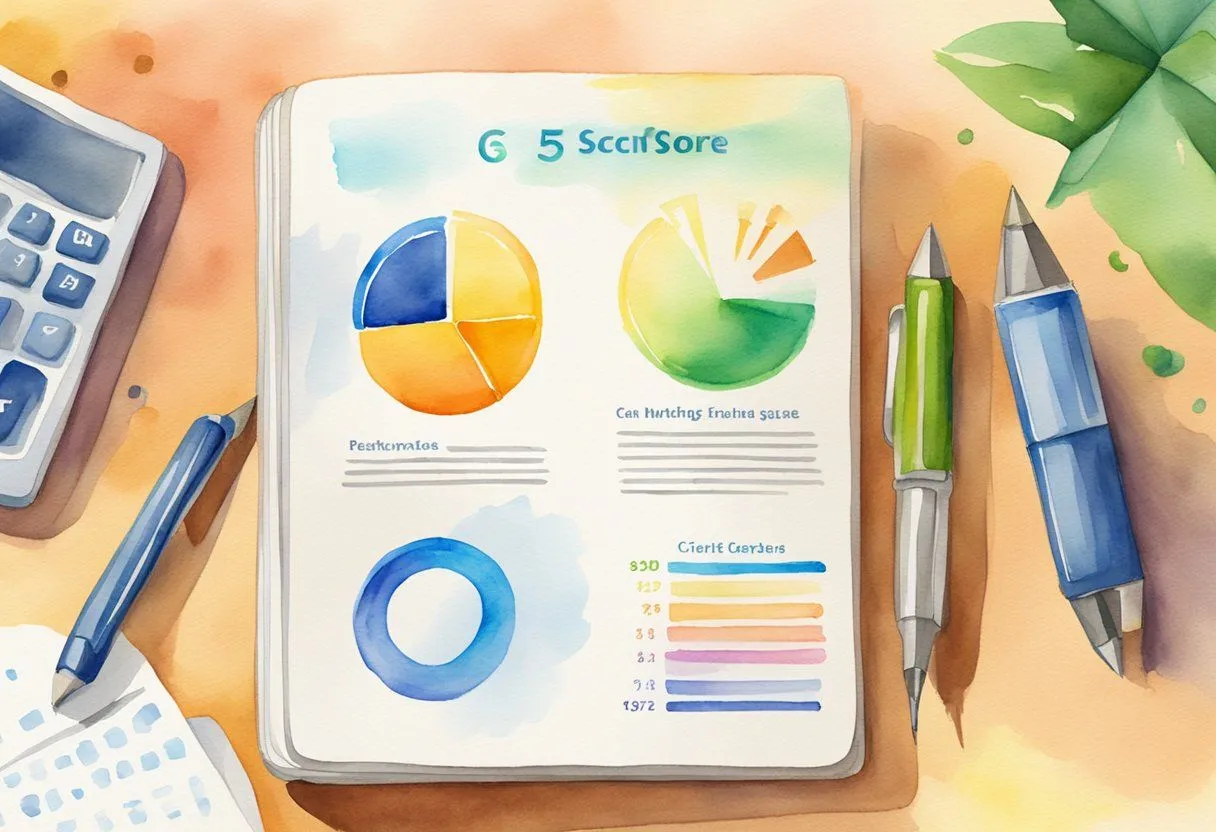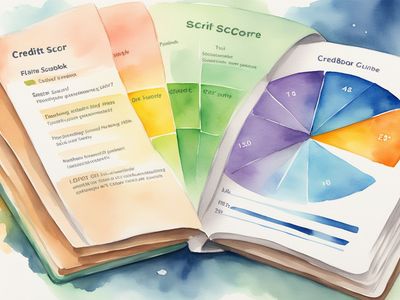Credit Score Matters: Tips for Improving Your Score
A credit score is a three-digit number that represents an individual’s creditworthiness. It is a crucial factor that lenders use to determine whether or not to approve a loan or credit application. A high credit score indicates that the borrower is a responsible borrower and is more likely to make payments on time. On the other hand, a low credit score suggests that the borrower may be a riskier borrower and may not be able to make payments on time.
Improving one’s credit score is essential for anyone who wants to apply for a loan or credit in the future. There are several ways to improve one’s credit score, including paying bills on time, keeping credit card balances low, and disputing any errors on credit reports. By taking these steps, individuals can increase their credit score and become more attractive to potential lenders. It is crucial to understand the importance of credit score and how to improve it to achieve financial success.
Understanding Credit Scores

Credit scores are a crucial factor in determining an individual’s creditworthiness. A credit score is a numerical representation of a person’s creditworthiness, which is calculated based on a person’s credit history. In the United States, the most commonly used credit score is the FICO score, which ranges from 300 to 850.
What is a Credit Score?
A credit score is a three-digit number that reflects a person’s creditworthiness. It is calculated based on a person’s credit history and other financial information. The higher the credit score, the more creditworthy the person is considered to be.
How is it Calculated?
A credit score is calculated using a formula that takes into account several factors, including payment history, credit utilization, length of credit history, types of credit used, and recent credit inquiries.
Payment history is the most important factor in determining a credit score. Late payments, missed payments, and defaults can significantly lower a person’s credit score. Credit utilization, which is the amount of credit used compared to the total credit available, is also an important factor. High credit utilization can indicate that a person is relying too heavily on credit and may have difficulty making payments.
The length of credit history is another important factor. A longer credit history indicates that a person has a more established credit profile and may be more reliable in making payments. The types of credit used, such as credit cards, loans, and mortgages, can also impact a person’s credit score.
Finally, recent credit inquiries can also impact a person’s credit score. Too many credit inquiries in a short period of time can indicate that a person is actively seeking credit and may be a higher credit risk.
In conclusion, understanding credit scores is important for anyone who wants to improve their creditworthiness. By maintaining a good payment history, keeping credit utilization low, and being mindful of credit inquiries, individuals can improve their credit scores and increase their chances of being approved for credit in the future.
Why Credit Score Matters

Having a good credit score is crucial when it comes to financial stability. It not only determines whether or not you can get approved for loans, but it also affects the interest rates you’ll receive and the insurance premiums you’ll pay. Here are some reasons why credit score matters:
Loan Approval
A credit score is a measure of a person’s creditworthiness and financial stability. Lenders use credit scores to determine whether or not to approve loan applications. A good credit score can increase your chances of getting approved for loans, while a bad credit score can make it difficult to get approved or result in higher interest rates.
Interest Rates
Credit scores also affect the interest rates you’ll receive on loans and credit cards. A higher credit score generally means you’ll receive lower interest rates, while a lower credit score can result in higher interest rates. This is because lenders view individuals with higher credit scores as less risky borrowers.
Insurance Premiums
Insurance companies also use credit scores to determine the premiums you’ll pay for auto, home, and other types of insurance. A higher credit score can result in lower insurance premiums, while a lower credit score can result in higher premiums. This is because insurance companies view individuals with higher credit scores as less likely to file claims.
Improving your credit score can take time and effort, but it’s worth it in the long run. By maintaining a good credit score, you can increase your chances of getting approved for loans, receive lower interest rates, and pay lower insurance premiums.
Improving Your Credit Score

Improving your credit score takes time and effort, but the payoff is worth it. Here are some ways to help improve your credit score.
Paying Bills on Time
One of the most important factors in your credit score is your payment history. Late payments can have a significant negative impact on your credit score. To help improve your credit score, make sure to pay your bills on time every month. Consider setting up automatic payments or reminders to help you stay on track.
Reducing Debt
Another important factor in your credit score is your credit utilization ratio. This is the amount of credit you’re using compared to your total credit limit. To help improve your credit score, work on paying down your debt and keeping your credit utilization ratio low. Consider creating a budget and prioritizing your debt payments to help you achieve this goal.
Limiting New Credit
Opening new credit accounts can also have a negative impact on your credit score. Each time you apply for new credit, it can result in a hard inquiry on your credit report, which can lower your score. To help improve your credit score, limit the amount of new credit you apply for. Only apply for credit when you really need it, and try to space out your applications to minimize the impact on your score.
By following these tips, you can help improve your credit score and put yourself in a better financial position.



